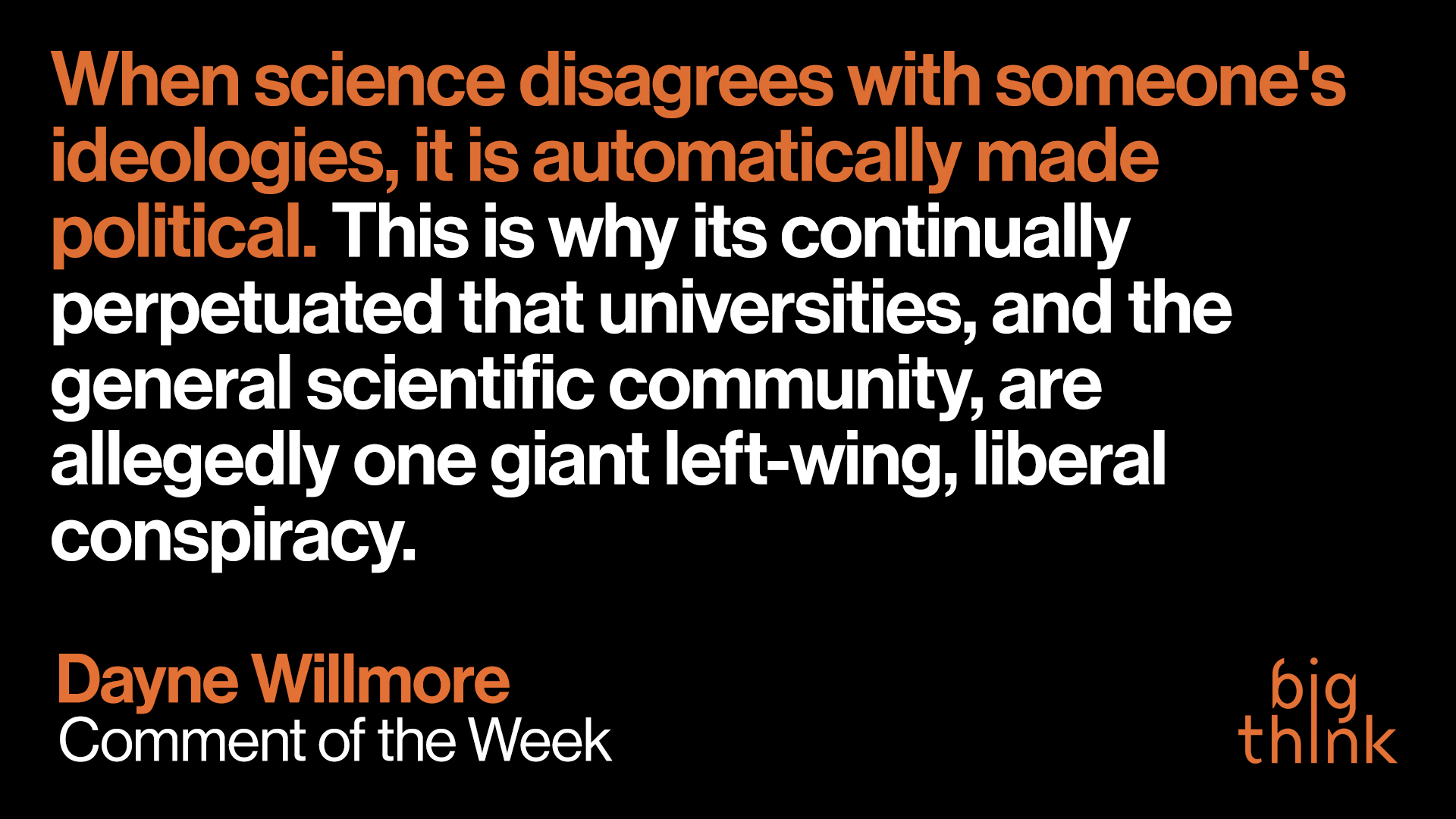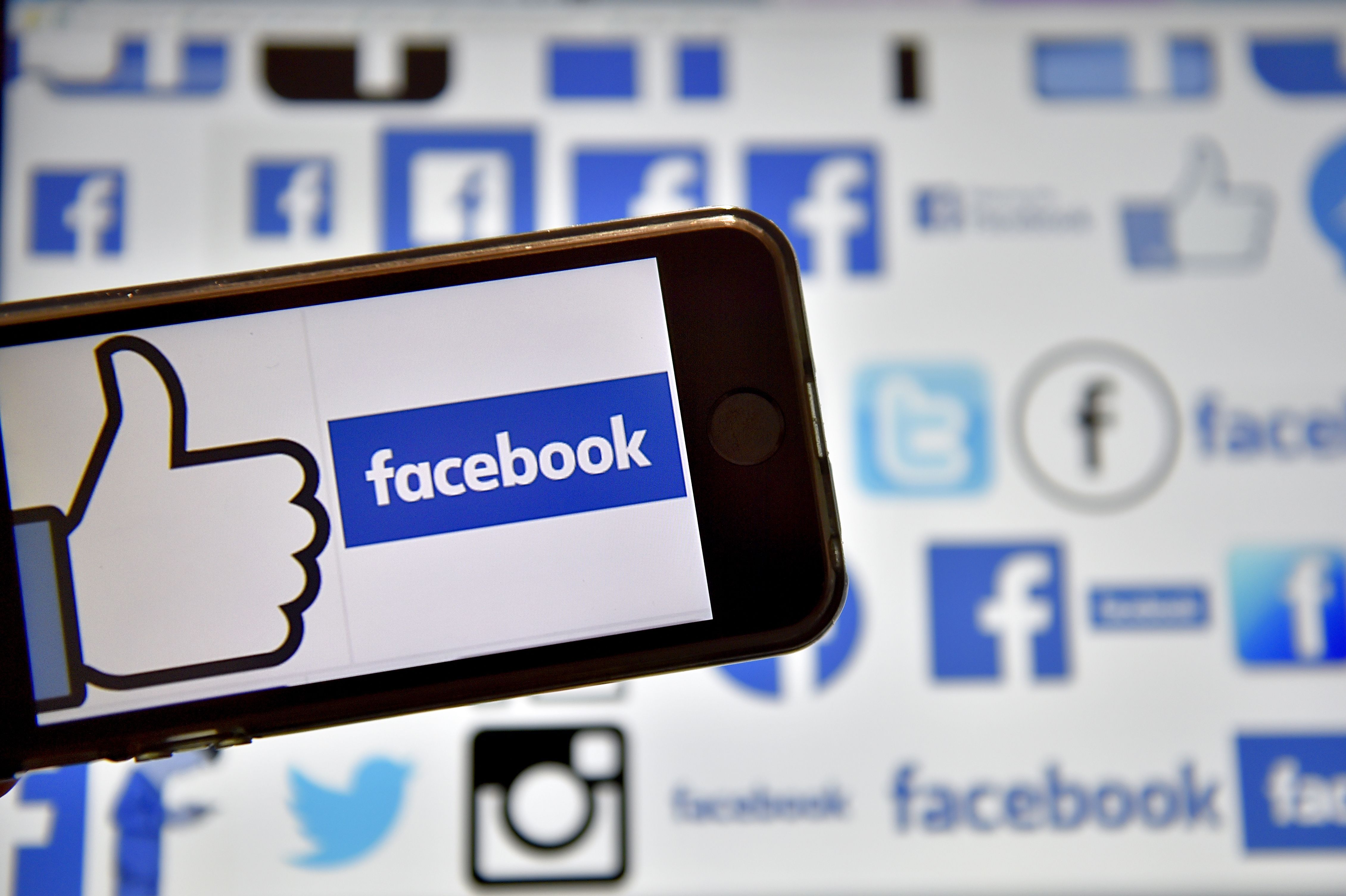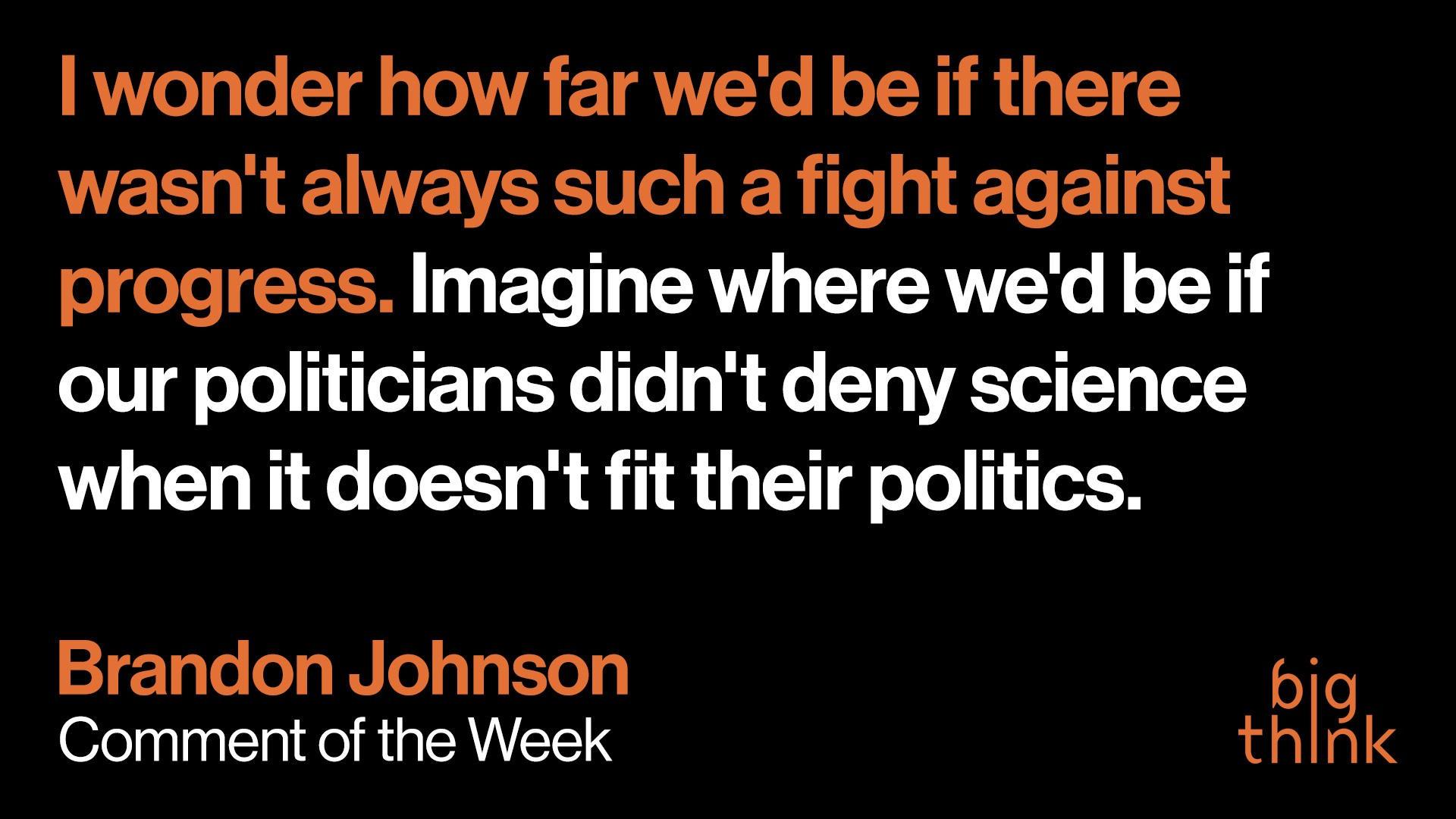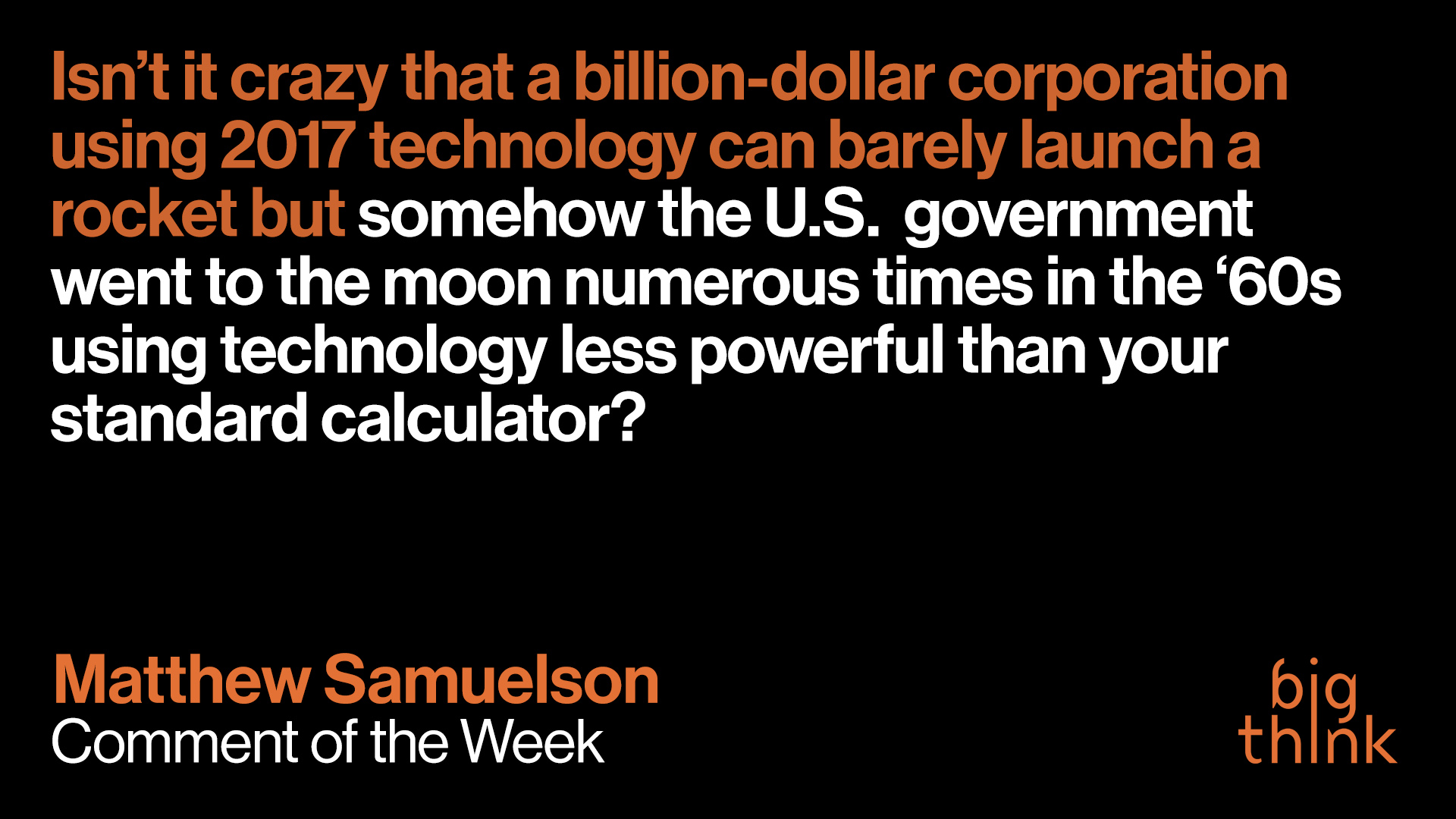Both social media companies plan to implement special protocols on Tuesday as election results begin rolling in.
Got any embarrassing old posts collecting dust on your profile? Facebook wants to help you delete them.
This could become a standard feature one day.
Why an early Facebook investor is now Facebook’s biggest critic.
▸
6 min
—
with
Why virtue signaling does nothing.
▸
with
At the dawn of the AI era, where decisions made now could affect the future of mankind, regulation over tech giants is needed now more than ever.
▸
9 min
—
with
Facebook might be the biggest social network but it’s far from the first, despite what those in Silicon Valley will have you believe.
▸
6 min
—
with
Should kids be on social media? If yes, what are some good rules to have?
▸
7 min
—
with
It’s no secret that American income inequality is at its worst point since the gilded age. So how do we stop this rampant inequality?
▸
6 min
—
with
For the first time in Facebook’s history, the number of daily active users in the U.S. dropped—by about 700,000.
We’ve got the biggest comments. The best comments. You’re going to have such good comments that you’re going to be sick of how good these comments are. Believe me.
Comments are the lifeblood of internet discussion. Here’s some of the best one from this week. Did you make the cut?
The internet and social media have made persuasive appeals more powerful than ever before.
Another exiting week of commentary. Some real winners this week. Did you make the cut?
Another week, another wild round of comments from our Facebook audience. Some made us laugh. Some made us cry. Here’s the best of the week.
Comments. Kids love them, parents love them. But what were the best ones this week on our Facebook?
The social media behemoth wants you to use their platform less, not more, than before.
A new year. A new chance to make it big in the hyper-competitive field of commentary. Will you make the cut this week and get plucked from our 2 million Facebook followers?
While it can often be tempting to unfollow friends who have differing political views than you, one philosopher tells us why we should embrace, rather than shun, such challenges to our worldviews.
Why do you check your phone 150 times a day? Is it a conscious choice, or have the attention merchants gotten into your head?
▸
5 min
—
with
Here it is. Your moment of Comment. Did you make the cut this week?
Here’s why your brain’s biases are a win for fake news, and a pay day for Facebook.
▸
9 min
—
with
Another scintillating installment of Comment of the Week is here. Did you make the cut?
It’s that time again. Are you ready to throw down the wit-gauntlet and put those potently chucklesome or chin-strokingly insightful words to fingertips?
Some good ones this week. Did you make the cut?
From religion to democrats to… Whole Foods. Did you make the cut?
This week’s Comment of the Week is about an interesting divide between political reality and our technology. See what else we liked! Did you make the cut?
From gun control to fun control, these were Big Think’s most excellent comments of the week. Be excellent to each other!
You mad, bro? The way that Facebook (and Twitter) manipulates your brain should be the very thing that outrages us the most.
▸
7 min
—
with
How much free will do you actually have? This week’s Comment of the Week is fantastic and raises an interesting debate. What do you think?





























